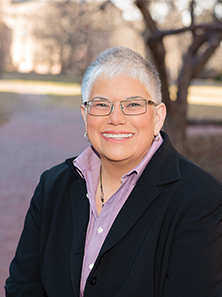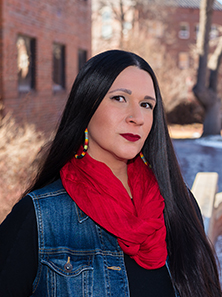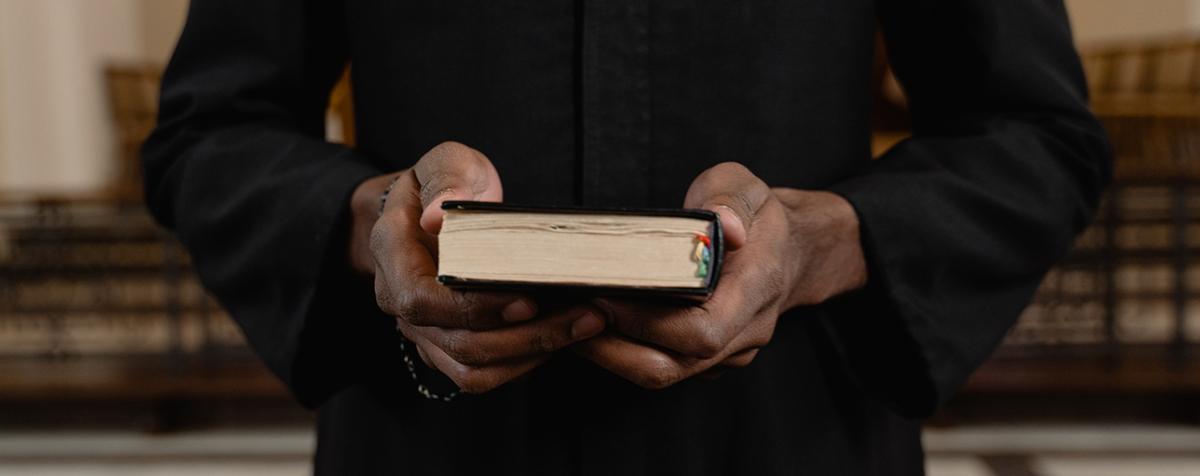Offered in collaboration with the Iliff School of Theology, a Master of Social Work (MSW) and Master of Arts in Social Justice and Ethics (MASJE) provides a historical and theoretical foundation for social justice work and its intersection with religious studies. You’ll graduate prepared for professional social work licensure and will learn the full range of social justice practices, including practical training in community organizing, nonprofit leadership for social justice and the impact of religious traditions on social change.
Featured Social Work Courses
SOWK 4132
Power, Privilege and Oppression from a Critical Multicultural Perspective
About this Course
This foundation course examines the phenomena of power, privilege and oppression and their effect on individuals, families and communities in the context of the values of social and economic justice and the social work profession. The course is intended to increase awareness of the intersectionality of multiple oppressions with a focus on race/ethnicity, gender, socioeconomic status and sexual orientation. You will gain a beginning self-awareness to identify the influence of personal biases and values that impact practice with diverse groups.
SOWK 4732
Disrupting Privilege through Anti-Oppressive Practice
About this Course
This course examines the barriers to the professional use of self as an ally to historically disenfranchised groups, both in the context of day-to-day relationships with clients as well as in the context of community and macro-level interventions. It will help you understand the personal, situational, structural and cultural influences that impede justice-oriented social work practice. You will develop strategies, skills and approaches to anti-oppressive practice.
SOWK 4235
Disproportionality & Disparities
About this Course
This course explores the interrelatedness of institutional racism and discrimination across major social systems within the United States, focusing on the historical context of current racial disproportionalities and disparities in youth service systems such as child welfare, juvenile justice, mental health, education and health. Using a critical lens, the course is designed to help you analyze the long-range impact of policy decisions, specifically for children and youth of color. You’ll have the opportunity to apply this critical lens to your current field placement and the youth populations it serves.
Key Faculty

Deb Marie Ortega
Professor and Director, University of Denver Latino Center for Community Engagement and Scholarship
Learn More

Ramona Beltran
Associate Professor; Interim Associate Dean for Research and Faculty Development
Learn More






